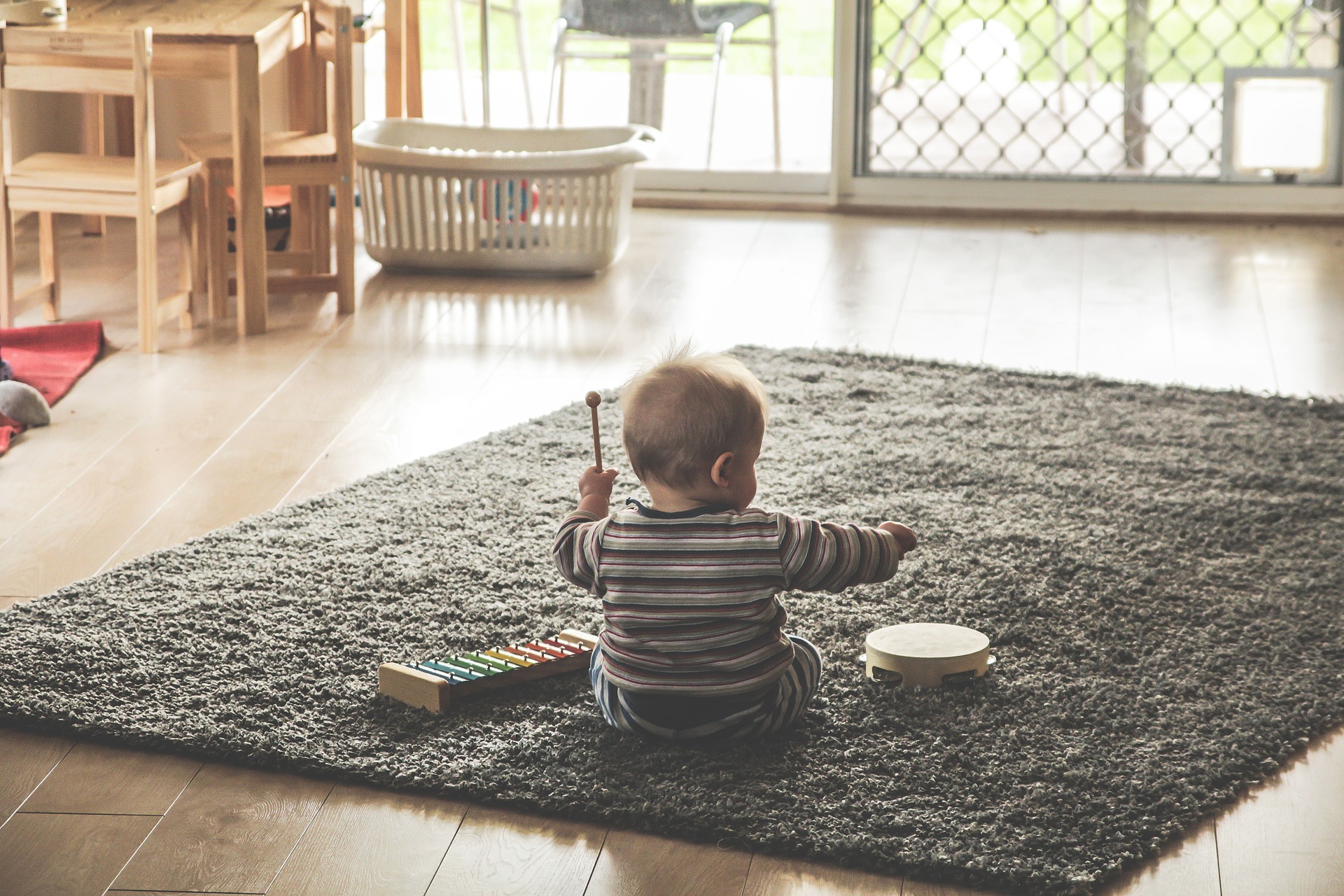News release
From:
An Australian study has shown that early intervention with a therapy designed to help parents better understand and respond to the communication cues of their baby, can reduce autism diagnoses in kids that had early signs of the condition – the first time this has been demonstrated worldwide.
The study of over 100 babies aged 9-14 months who were exhibiting early signs of autism, showed the therapy reduced the social communication difficulties characteristic of autism, and reduced autism diagnosis at age three by two thirds.
Join the briefing to hear from the Australian experts leading the study.
Speakers:
- Professor Andrew Whitehouse is the Angela Wright Bennett Professor of Autism Research at the Telethon Kids Institute and The University of Western Australia and Director of CliniKids
- Kristelle Hudry is Associate Professor with the Department of Psychology and Counselling, School of Psychology and Public Health, La Trobe University
Date: Mon 20 Sept 2021
Start Time: 10:00am AEST
Duration: Approx 45 min
Venue: Online - Zoom



 Australia; VIC; WA
Australia; VIC; WA



